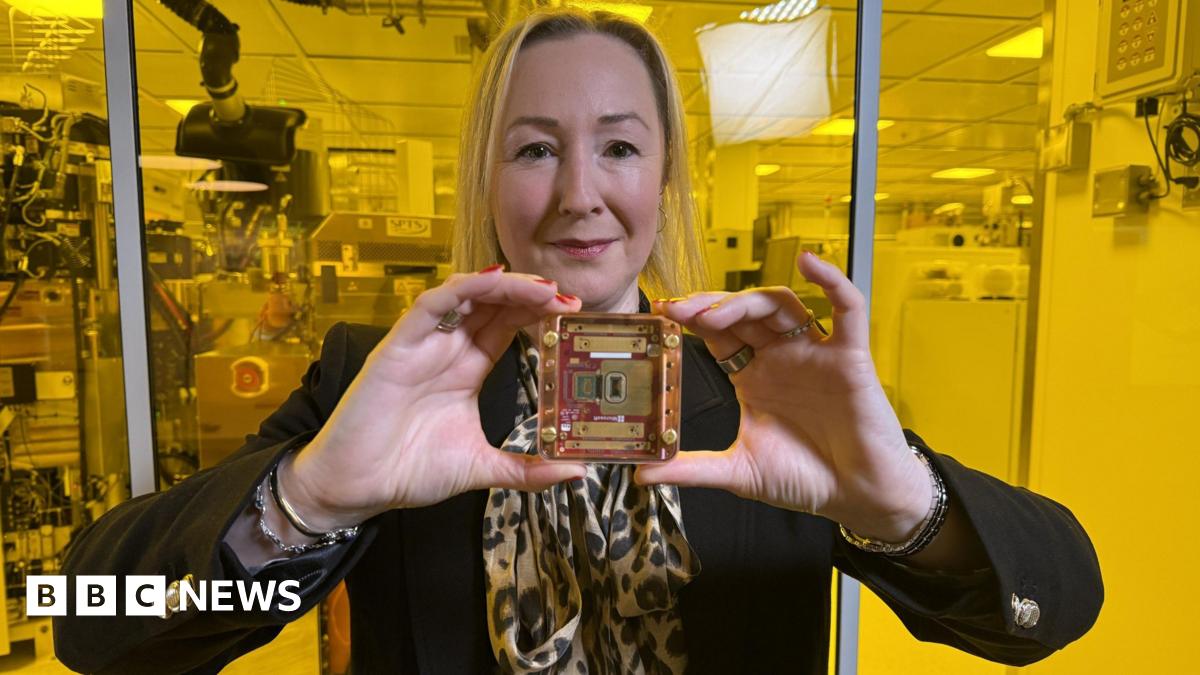These machines are all in their infancy right now, there are believed to be around 200 of them in the whole world (China however has not disclosed how many it has) – this doesn’t stop quantum experts making bold claims about their potential.
“We as consumers will touch the impacts of quantum computing in almost every walk of our lives,” said Rajeeb Hazra, the boss of Quantinuum, a firm recently valued at $10bn. He was talking to the BBC’s Tech Life podcast.
“The area of quantum computing is, in my mind, when you look at the applications, as big if not bigger than AI.”
Prof Sir Peter Knight is one of the UK’s top quantum experts. “Things that could take the age of the universe to calculate, even on the most powerful supercomputer, could be performed probably in seconds,” he told Dr Jim Al-Khaleli on BBC Radio 4’s The Life Scientific.
So what exactly are these gigantic, life-changing things that the machines might do once they’re ready?
As with AI, there’s a lot of quantum research directed towards improving healthcare.
Quantum computers could one day be able to effortlessly churn through endless combinations of molecules to come up with new drugs and medications – a process that currently takes years and years using classical computers.
To give you an idea of that scale – in December 2024, Google unveiled a new quantum chip called Willow, which it claimed could take five minutes to solve a problem that would currently take the world’s fastest super computers 10 septillion years – or 10,000,000,000,000,000,000,000,000 years – to complete.
Hazra says this could pave the way for personalised medication, where instead of getting a standard prescription, you get a specific drug tailormade for your individual body, that’s most likely to work for you.

Thanks for sharing. I read many of your blog posts, cool, your blog is very good.